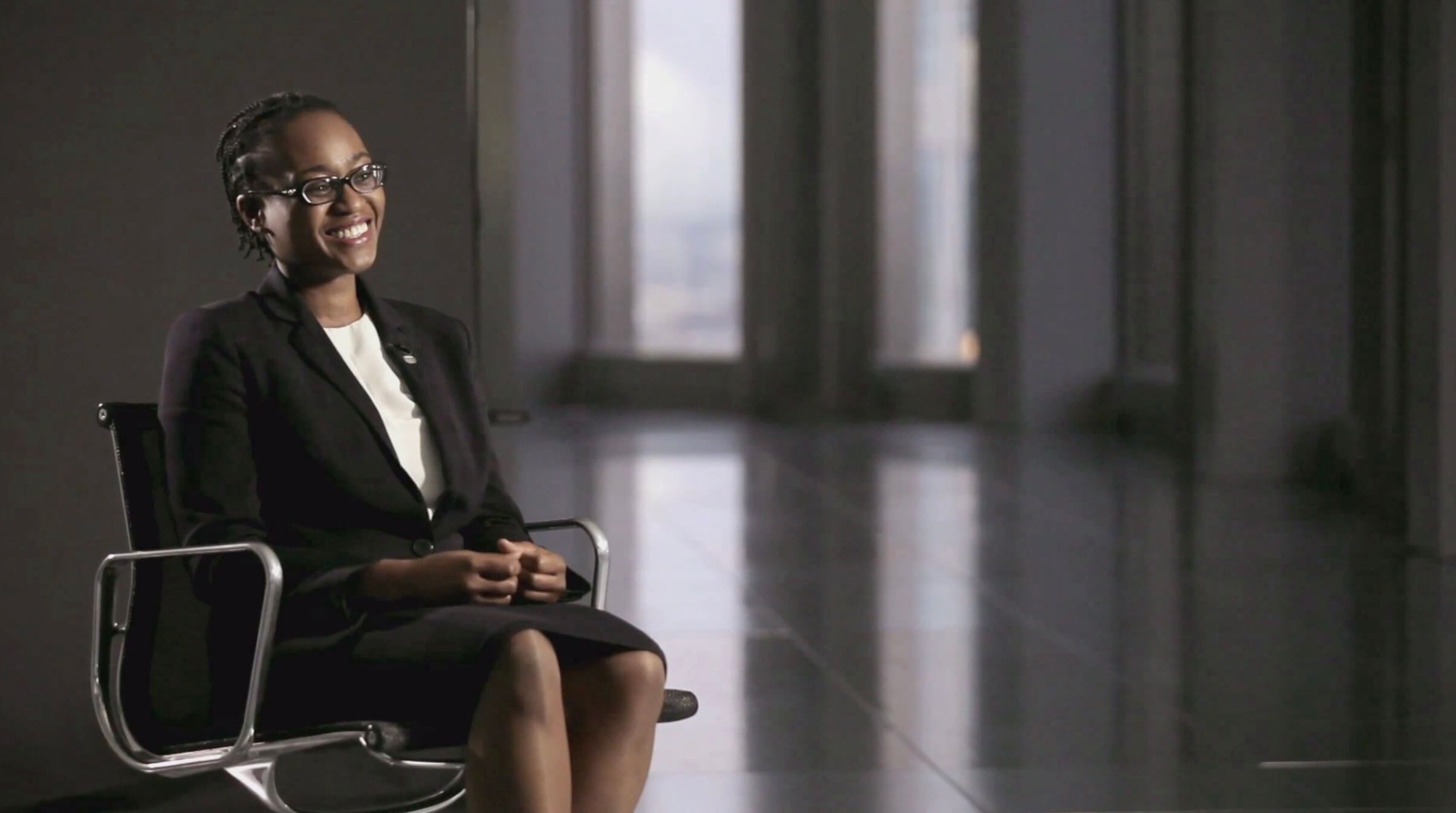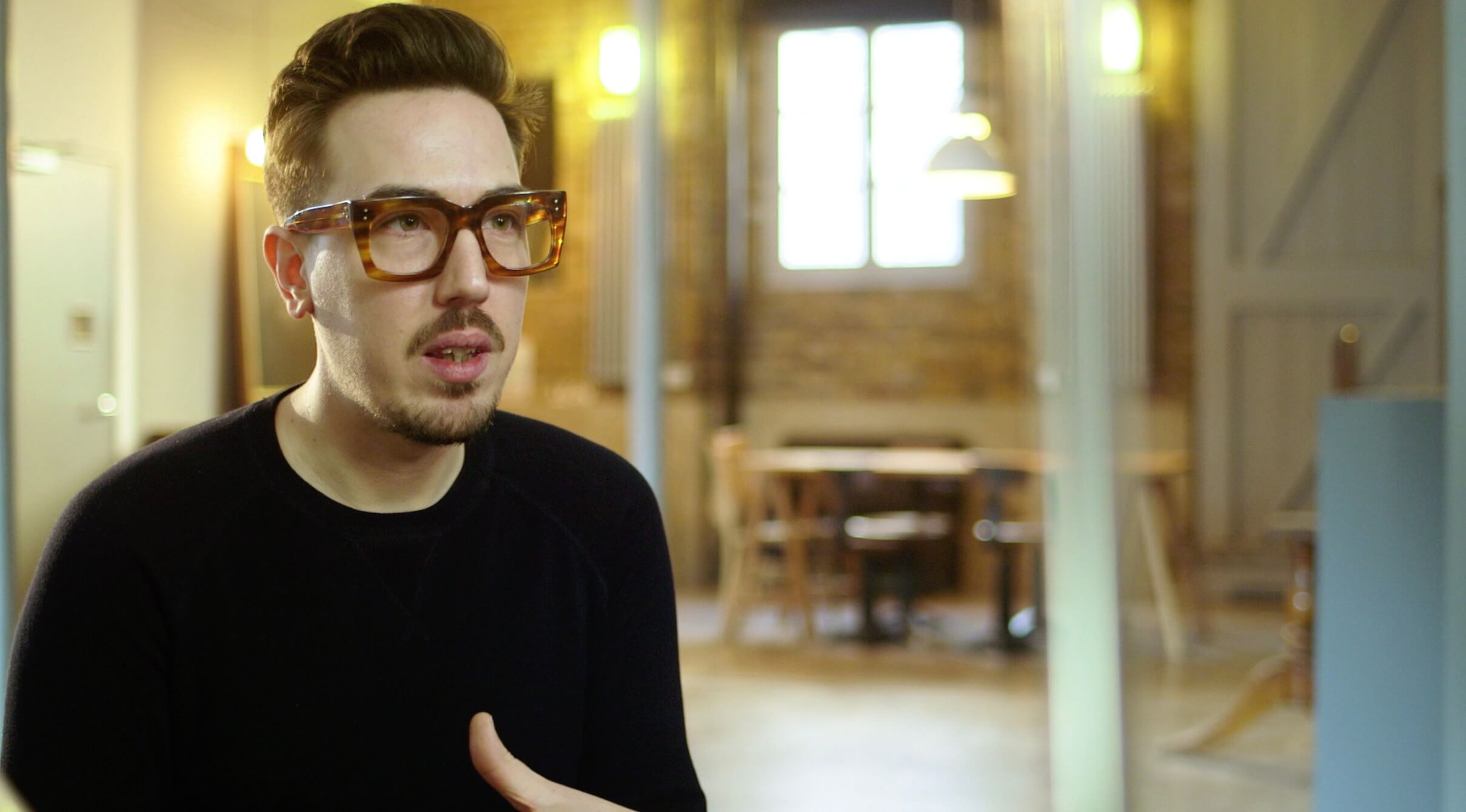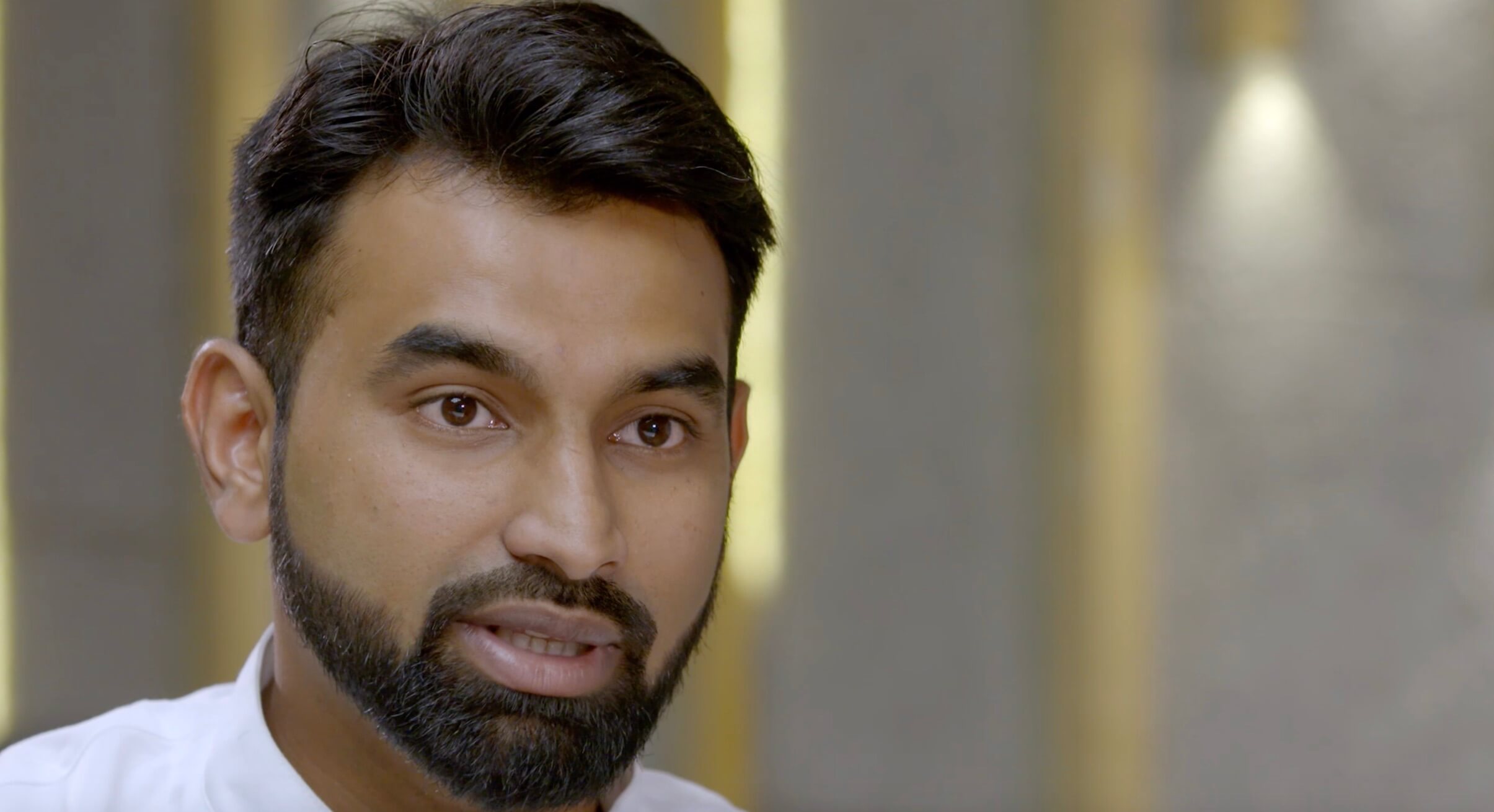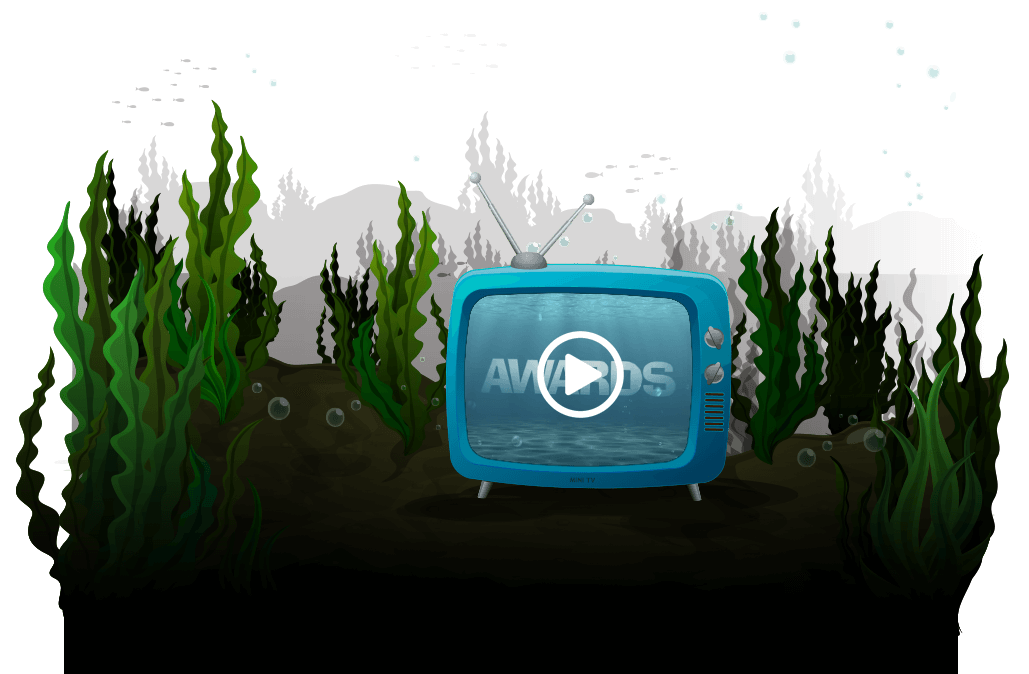
Media Training vs Keeping it Real
We’ve interviewed thousands of people from cleaners to royalty, across the globe and in many different languages.
And the one thing that always holds true is, it should feel like a conversation.
This is more relevant than ever with modern, astute audiences that can spot a lack of authenticity a mile off.
“Soundbites” just don’t work anymore.
The truth is, we’re usually happier interviewing someone who hasn’t had a second of media training because then they have no expectations and they naturally treat it as a conversation, so we get their spontaneous, unedited thoughts. (We can edit them afterwards!) That’s how real life conversations work and that’s what makes them truly authentic.
Of course, we expect people might want to think about it in advance but generally speaking we find that notes and, even worse, scripted answers never really work.
In fact, at Little Big Fish, whenever we see a set of notes we persuade the interviewee to put them away until the end of the interview. That way, at the end, they can check them and if there was anything they didn’t say, we can grab it at the end. Honestly, 99% of the time, we never grab anything.
Which means we have time for our favourite question, the one that often gets the best answers:
“What did you think we were going to talk about?”
So why do we ask that? Because even though it’s a conversation, we’ll have done our homework. We know your business, we know your brand, we know what we want people to think and feel when they watch the film and we’re experts at trying to get answers that relay that – but if that’s the ONLY thing we do, then all we get is what we expected. And many times, that real magic, that fantastic insight, that thing that no-one had ever thought of in advance, that authentic, spontaneous thought…. is what really elevates the film.
We don’t just know this works because our clients tell us so time and time again but because the people we interview do too.




